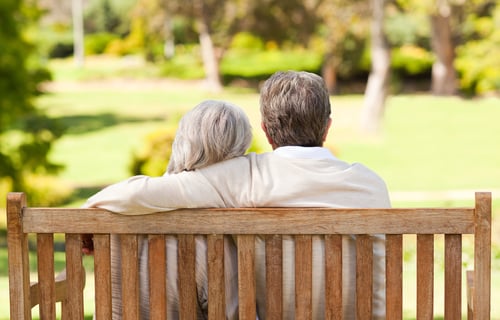Negative result
A colonoscopy is considered negative if the doctor doesn't find any abnormalities in the colon.
Your doctor may recommend that you have another colonoscopy:
- In 10 years, if you're at average risk of colon cancer — you have no colon cancer risk factors other than age
- In 3-5 years, if you have a history of polyps in previous colonoscopy procedures or strong family history.
- In 1-2 years, if there was a residual stool in the colon that prevented complete examination of your colon
Positive result
A colonoscopy is considered positive if the doctor finds any polyps or abnormal tissue in the colon.
Most polyps aren't cancerous, but some can be precancerous. Polyps removed during colonoscopy are sent to a laboratory for analysis to determine whether they are cancerous, precancerous or noncancerous.
It takes on average 5-7 days for your doctor to receive the pathology report on the polyps/specimens removed during the colonoscopy.
Depending on the size and number of polyps, you may need to follow a more rigorous surveillance schedule in the future to look for more polyps.
If your doctor finds one or two polyps less than 0.4 inch (1 centimeter) in diameter, he or she may recommend a repeat colonoscopy in five years, depending on your other risk factors for colon cancer.
Your doctor will recommend another colonoscopy sooner if you have:
- More than two polyps
- A large polyp — larger than 0.4 inch (1 centimeter)
- Polyps and also residual stool in the colon that prevents complete examination of the colon
- Polyps with certain cell characteristics that indicate a higher risk of future cancer
- Cancerous polyps
If you have a polyp or other abnormal tissue that couldn't be removed during the colonoscopy, your doctor may recommend a repeat exam with a gastroenterologist who has special expertise in removing large polyps, or surgery.

